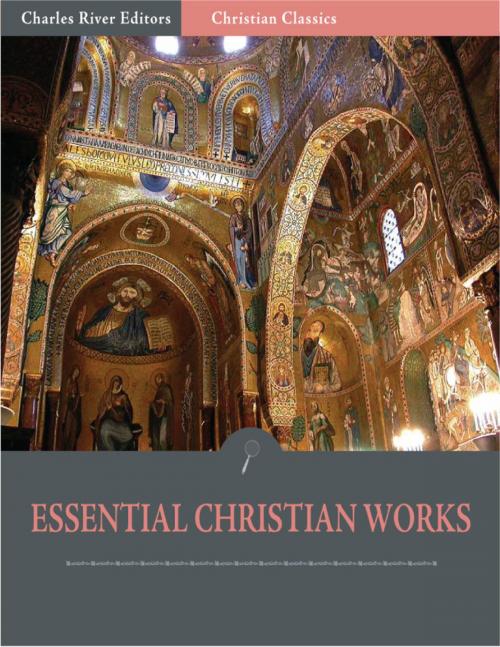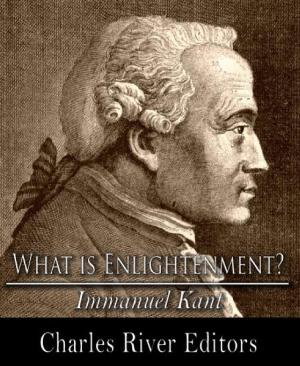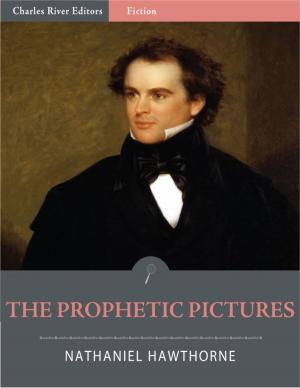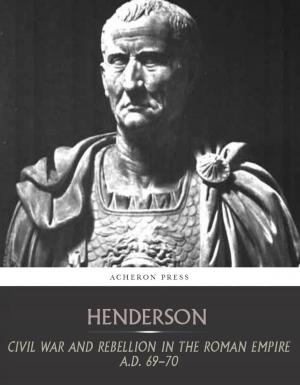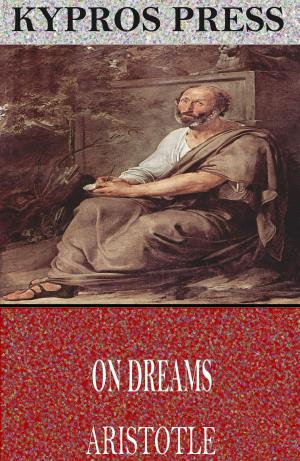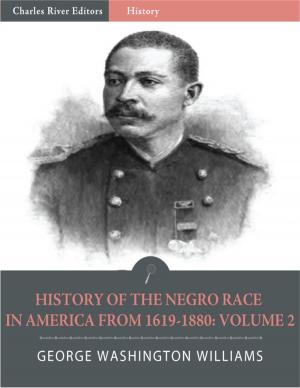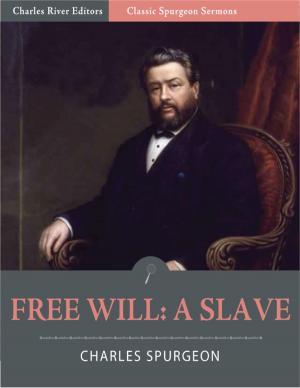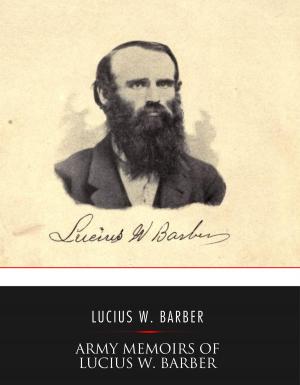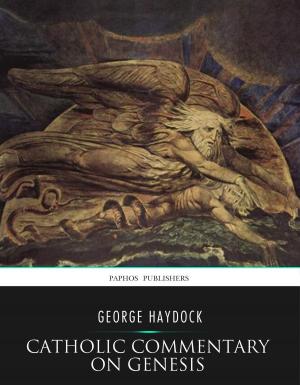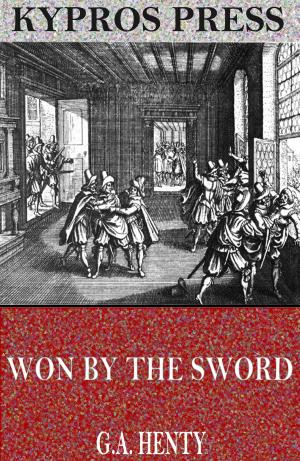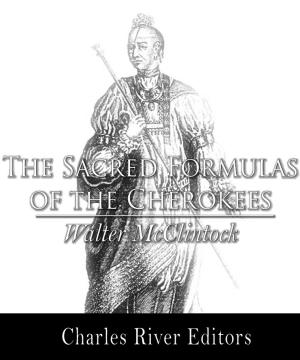The Essential Christian Works: the Writings of John Calvin and Martin Luther (Illustrated Edition)
Nonfiction, Religion & Spirituality, Christianity, Denominations, Lutheran, Church| Author: | John Calvin and Martin Luther | ISBN: | 9781475306415 |
| Publisher: | Charles River Editors | Publication: | April 20, 2012 |
| Imprint: | Language: | English |
| Author: | John Calvin and Martin Luther |
| ISBN: | 9781475306415 |
| Publisher: | Charles River Editors |
| Publication: | April 20, 2012 |
| Imprint: | |
| Language: | English |
John Calvin (10 July 1509 27 May 1564) was one of the most influential Christians of the last millennium. An influential French theologian and pastor during the Protestant Reformation, Calvin was a principal figure in the development of the system of Christian theology later named after him. Originally trained as a humanist lawyer, he broke from the Roman Catholic Church around 1530, and after religious tensions provoked a violent uprising against Protestants in France, Calvin fled to Basel, Switzerland, where he published the first edition of his seminal work Institutes of the Christian Religion in 1536. Calvin was a tireless polemic and apologetic writer who generated much controversy. He also exchanged cordial and supportive letters with many reformers, including Philipp Melanchthon and Heinrich Bullinger. In addition to the Institutes, he wrote commentaries on most books of the Bible, as well as theological treatises and confessional documents. He regularly preached sermons throughout the week in Geneva. Calvin was influenced by the Augustinian tradition, which led him to expound the doctrine of predestination and the absolute sovereignty of God in salvation of the human soul from death and eternal damnation. Calvin's writing and preachings provided the seeds for the branch of theology that bears his name. The Reformed and Presbyterian churches, which look to Calvin as a chief expositor of their beliefs, have spread throughout the world. Martin Luther (1483-1546) needs no formal introduction, being one of the most recognizable religious figures in history. Luther was a German priest and theologian whose writings and teachings sparked the Protestant Reformation. Born shortly after the invention of the printing press, Luther became one of Europes best selling authors, along with others like Erasmus, and his theology was mass produced across Europe. He strongly disputed the claim that freedom from God's punishment of sin could be purchased with money, known as indulgences. He confronted indulgence salesman Johann Tetzel with his Ninety-Five Theses in 1517, one of the most important writings of all time. His refusal to retract all of his writings at the demand of Pope Leo X in 1520 and the Holy Roman Emperor Charles V at the Diet of Worms in 1521 resulted in his excommunication by the pope and condemnation as an outlaw by the emperor. Luther, of course, did not back down. Although the story about him nailing 95 Theses to a church door is almost surely apocryphal, the Protestant Reformation permanently broke off Protestants from the Catholic Church, which would lead to religious turmoil and bloodshed for the next 2 centuries. Luther taught that salvation is not earned by good deeds but received only as a free gift of God's grace through faith in Jesus Christ as redeemer from sin. His theology challenged the authority of the Pope of the Roman Catholic Church by teaching that the Bible is the only source of divinely revealed knowledge and opposed sacerdotalism by considering all baptized Christians to be a holy priesthood. Those who identify with Luther's teachings are called Lutherans.
John Calvin (10 July 1509 27 May 1564) was one of the most influential Christians of the last millennium. An influential French theologian and pastor during the Protestant Reformation, Calvin was a principal figure in the development of the system of Christian theology later named after him. Originally trained as a humanist lawyer, he broke from the Roman Catholic Church around 1530, and after religious tensions provoked a violent uprising against Protestants in France, Calvin fled to Basel, Switzerland, where he published the first edition of his seminal work Institutes of the Christian Religion in 1536. Calvin was a tireless polemic and apologetic writer who generated much controversy. He also exchanged cordial and supportive letters with many reformers, including Philipp Melanchthon and Heinrich Bullinger. In addition to the Institutes, he wrote commentaries on most books of the Bible, as well as theological treatises and confessional documents. He regularly preached sermons throughout the week in Geneva. Calvin was influenced by the Augustinian tradition, which led him to expound the doctrine of predestination and the absolute sovereignty of God in salvation of the human soul from death and eternal damnation. Calvin's writing and preachings provided the seeds for the branch of theology that bears his name. The Reformed and Presbyterian churches, which look to Calvin as a chief expositor of their beliefs, have spread throughout the world. Martin Luther (1483-1546) needs no formal introduction, being one of the most recognizable religious figures in history. Luther was a German priest and theologian whose writings and teachings sparked the Protestant Reformation. Born shortly after the invention of the printing press, Luther became one of Europes best selling authors, along with others like Erasmus, and his theology was mass produced across Europe. He strongly disputed the claim that freedom from God's punishment of sin could be purchased with money, known as indulgences. He confronted indulgence salesman Johann Tetzel with his Ninety-Five Theses in 1517, one of the most important writings of all time. His refusal to retract all of his writings at the demand of Pope Leo X in 1520 and the Holy Roman Emperor Charles V at the Diet of Worms in 1521 resulted in his excommunication by the pope and condemnation as an outlaw by the emperor. Luther, of course, did not back down. Although the story about him nailing 95 Theses to a church door is almost surely apocryphal, the Protestant Reformation permanently broke off Protestants from the Catholic Church, which would lead to religious turmoil and bloodshed for the next 2 centuries. Luther taught that salvation is not earned by good deeds but received only as a free gift of God's grace through faith in Jesus Christ as redeemer from sin. His theology challenged the authority of the Pope of the Roman Catholic Church by teaching that the Bible is the only source of divinely revealed knowledge and opposed sacerdotalism by considering all baptized Christians to be a holy priesthood. Those who identify with Luther's teachings are called Lutherans.
